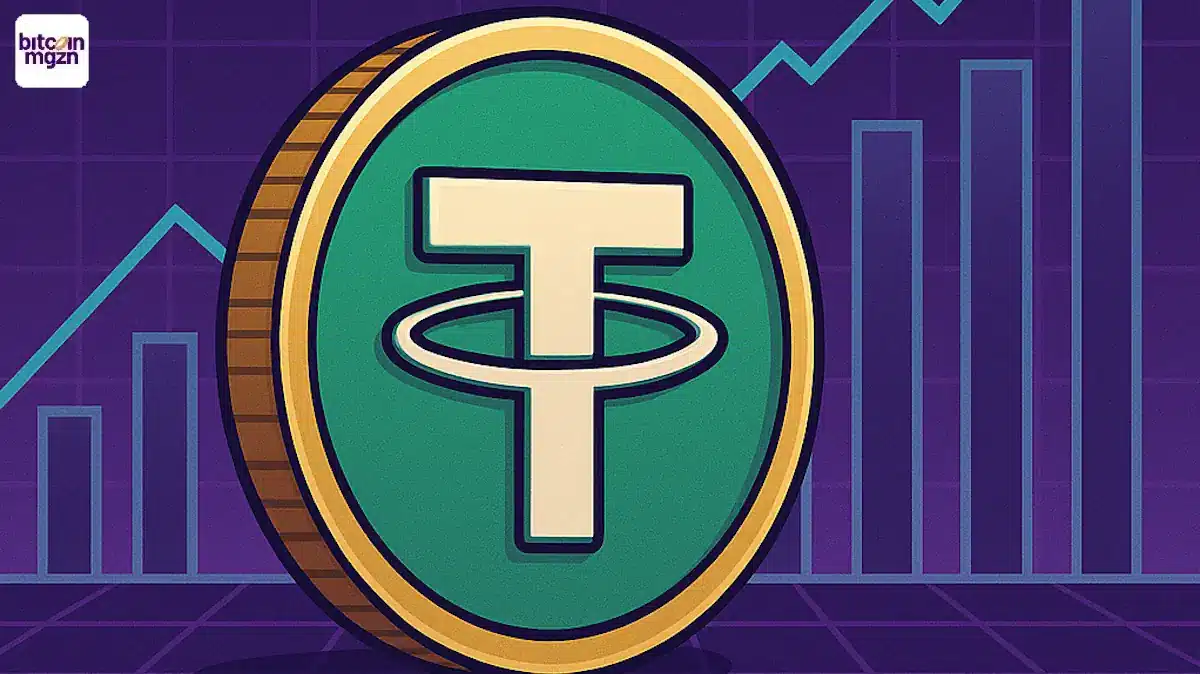Tether’s recent decision to hire Bo Hines as a strategic advisor marks a significant shift for the company. This move aims to bolster Tether’s credibility within the U.S. financial landscape, especially given the recent challenges in the cryptocurrency space.
Former White House Influence
Bo Hines, who previously served as a cryptocurrency advisor under President Trump, brings a wealth of experience to Tether. At just 29 years old, he was instrumental in shaping digital asset policy in Washington and played a pivotal role as the executive director of the Presidential Council of Advisers for Digital Assets. His collaboration with David Sacks, the so-called “crypto czar,” contributed to the creation of the GENIUS Act, a framework aiming to regulate stablecoins.
Challenges Facing Tether
Despite managing over $117 billion in circulation of USDT, Tether has long faced scrutiny regarding the backing of its reserves. Historically operating primarily offshore, the company has endured criticism for lacking transparency. The appointment of Hines signals Tether’s intent to improve its image and assert its role in the U.S. economy, doing so in a time when regulatory clarity is increasingly needed.
Regulatory Ambitions
CEO Paolo Ardoino emphasized that Hines’ expertise will be crucial for Tether in navigating the complexities of U.S. regulations. Hines is tasked not only with strengthening relations with policymakers and regulators but also with positioning Tether as a trustworthy and regulated financial entity. This hiring is part of a broader trend where crypto firms increasingly seek out former government officials to enhance their lobbying strategies and advocacy efforts.
Concerns and Outlook
While many inside the industry view Hines’ hiring positively, critics express concerns about the “revolving door” phenomenon, where government officials transition to roles in sectors they previously oversaw. However, insiders believe that Hines can facilitate serious discussions about stablecoin regulation, aiming to foster a more supportive legal environment for Tether and similar platforms.
Potential Impact on the Crypto Landscape
If Tether can effectively establish a foothold in the U.S. market, this could have substantial implications for the usage of stablecoins in digital finance and transactions. Hines’ involvement indicates that Tether is not content with a questionable reputation but is committed to becoming an integrated part of the American financial system. The upcoming months will reveal whether Hines is indeed the critical figure in Tether’s path to success in the U.S., potentially accelerating global adoption of stablecoins.


